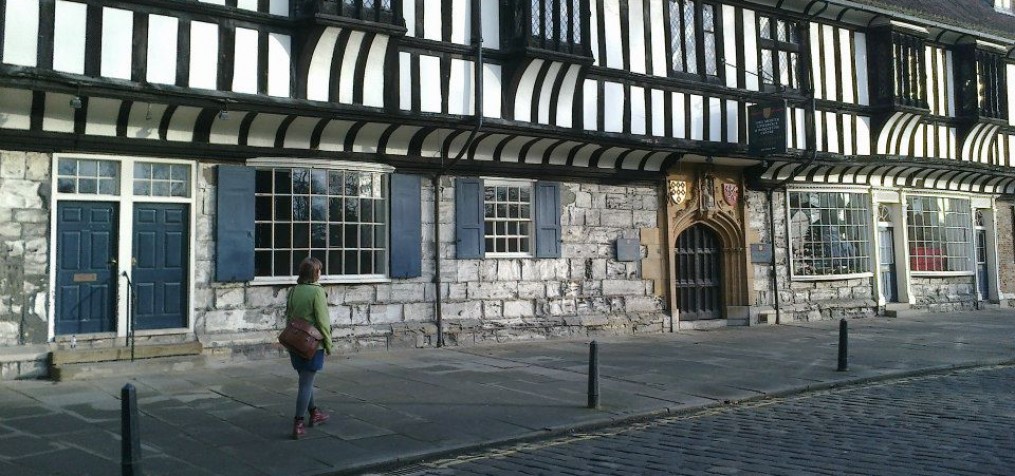This is a subject that has been, in one form or another, plaguing me for a long time. And the fascinating thing is that it is touched upon in so many of my various lectures and seminars, yet there doesn’t seem to be anyone doing much about it. It is steadily driving me more and more insane, and if no one else does something about it, I might be forced to do a PhD about it, and that’s just an appalling idea because. Well, because I’m already an imposter at Master’s level.
Anyway, I digress. I’ve just come out of a couple particularly engaging seminars and it’s times like these, when I’m practically foaming at the mouth because I am so riled up by a subject and the rant that I want to rant is so tantalisingly out of reach, that I realise that this is why I just keep coming back to archaeology. Because archaeologists are SO frustrating at times. No, no no. Let me rephrase that; academics are so frustrating at times. I’m getting my A-words mixed up again.
The first seminar was about the authenticity of experiences and meaningful experiences with archaeology and heritage. One of the main points that came out of our discussions was that, to the lay person, authenticity has little to do with truth and fact, and more to do with the quality of the experience that they are having and the way in which they are engaging with that experience.
The second seminar was about 3D imaging and virtual realities in archaeology. Obviously, conversation quickly turned to gaming. In my previous post I articulated some of my feelings about the potential of games and gaming technology for archaeological dissemination, but now I have even more opinions on the matter.
So the overriding question in both of these seminars was, what is stopping us from moving forward and engaging with the archaeology/heritage in a more emotional, reflexive manner?
And I think that it’s this huge reluctance in the profession to properly utilise and stretch our imaginations. Which, really, when you think about it, sounds absolutely ridiculous. After all, and especially in prehistoric archaeology, the imagination is key to the process of interpretation.
Scholars seem to be afraid of losing credibility or respect by using imaginative and emotive narratives to communicate the knowledge and theories that they have extracted from their data. I believe this is seriously narrowing the potential for the dissemination of archaeological knowledge.
It’s all well and good for the academics to sit and seek out scholarly articles on the architecture of Florence in the Renaissance, but there’s no chance that the average, intelligent lay person would ever consider doing such a thing (or even be able to access such articles, but that’s another rant). They would, however, be able to access and immerse themselves in the (IMHO) utter glory that is Assassin’s Creed II.
VR and gaming is just one example of an untapped resource with huge scope for the development of new ways of communicating our collective heritage. Those such as Mike Shanks have asked questions like the one I ask in the title of this blog. Clearly the time has come to stop asking is this true? or why is this so? and to start trying to overcome the barrier that is stopping those responsible for knowledge-making from circulating their work into wider circles in an exciting and engaging manner. I hope that soon we’ll be able to move on from this terrible, invisible divide between scholarly pursuit and ‘entertainment’.

